As face coverings become a part of everyday life, airlines enforcing safety masks is likely to bring legal questions and in-flight drama.
Walk into any grocery store in the summer of 2020, and you’re likely to see a sign telling guests to wear a mask. The same is true of hardware stores and fashion retailers and the few movie theaters that have reopened. But expect airlines enforcing safety masks to create more controversy than the same directive at other businesses.
You can lounge around your house without clothes on, but the police will stop you if you’re walking down the street naked.
Airlines have always been petri dishes where germs run rampant and where it’s easy to pick up a virus. But airlines are also places where passengers spend hours on end (unlike grocery stores, hardware stores and similar businesses), and wearing a mask for those many hours can be both inconvenient and uncomfortable.
So the questions remain: Should airlines require safety masks? Can they legally require safety masks? And, if they can, what should enforcement look like? See below for possible answers to these open questions about airlines and masks.
Remember That Airlines are Private Businesses
First and foremost, it’s important to keep in mind that airlines are private businesses. You can’t do at a private business what you can do in the comforts of your own home. For example, you can go barefoot around the house, but many businesses require you to wear shoes — “No Shoes. No Shirt. No Service.” In fact, you can’t even do at a private business what you would do in a public space. You can lounge around your house without clothes on, but the police will stop you if you’re walking down the street naked.
Like any private business, airlines already ask customers to follow several processes, procedures and guidelines. Most airlines board in groups prioritized by cabin, loyalty status and other factors. Airlines also require passengers to turn off their cell phones or at least put them into airplane mode before departure. Seat belt enforcement signs glow during takeoffs and landings, as well as during moments of turbulence.
These processes, procedures and guidelines are designed to bring order to the flight. And, in many cases, they are designed to keep passengers safe and healthy. Are safety mask requirements so different?
Airlines Face Significant Liability Without Safety Masks
Fear of liability is one of the driving forces behind private businesses requiring masks. Imagine for a moment that a private business becomes a super spreader hub for COVID-19. Dozens of customers become infected. A portion of those infected customers requires hospitalization, and some of them even succumb to COVID-19.
A private business could be liable to pay for the hospital bills of infected guests. It could also be held liable to pay damages to the families of guests who died from COVID-19.
Any airline could be the private business in the hypothetical outlined above. As mentioned earlier, passengers spend hours at a time breathing the same air and sharing the same space on an airplane. Passenger jets are uniquely suited to become super spreader hubs. Airlines have a duty to those passengers to keep them as safe and healthy as possible, and they have an obligation to shareholders to avoid liability to the greatest extent possible.

What About Enforcement of Safety Masks?
Here’s where it gets tricky: How do airlines actually enforce their mask rules? It’s essential that they do so in as uniform a fashion as possible. Without evenhanded enforcement, airlines could be accused of discrimination and introduced to a whole other type of liability.
Most airlines have developed clear mask policies that outline why they are required, how passengers will be warned, and the consequences of failing to heed those warnings. Delta, for example, has clearly laid out its mask-wearing policy so that all passengers are aware of the expectations.
Of course, even with the law on their side and even with the right policies in place, airlines enforcing safety masks are sure to experience moments of drama. It’s likely that flight attendants and passengers will enter into disagreements over masks. It’s even likely that passengers will enter into disagreements with other passengers over masks. (If you find yourself getting removed for mask-related or other reasons, reference our article on what to do when you’re bumped from a flight.)
Airlines can be encouraged that customers at large tend to side with the business protecting their health and safety when these disagreements arise. For example, other passengers cheered the July removal of an American Airlines passenger who refused to wear a mask.
Ensuring Your Travel Program is Safe, Healthy and Effective
Business travel has never been more complicated. At JTB Business Travel, we work with companies large and small to ensure that their travel programs continue in a safe, healthy and effective manner. Behind every service we provide and every recommendation we make is our common sense approach to business travel.
Contact us today to learn more about how we can help you navigate the current realities of business travel.




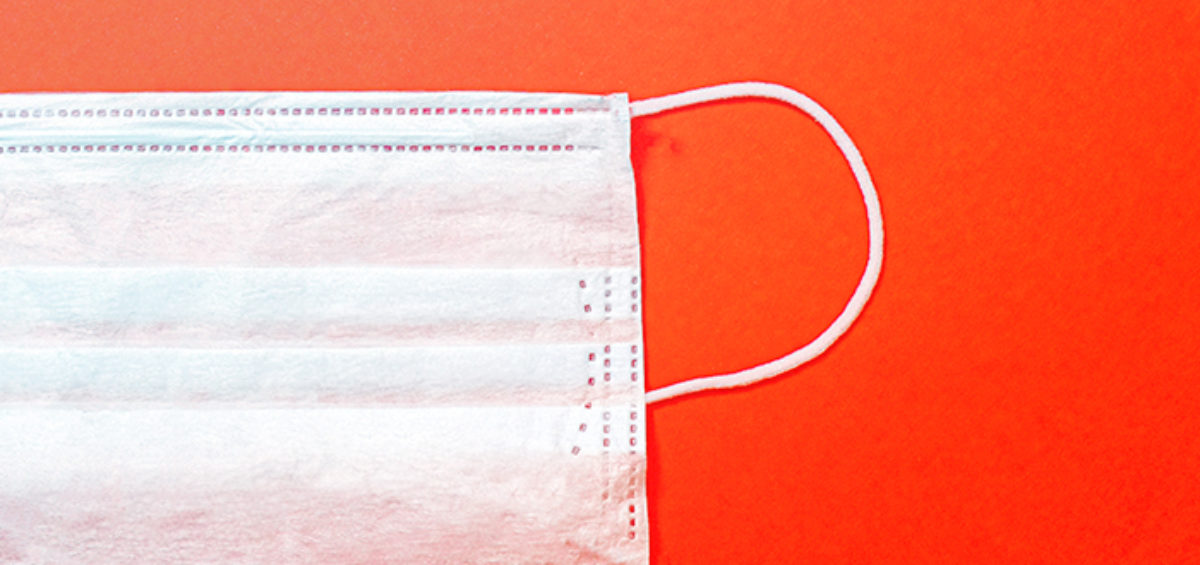

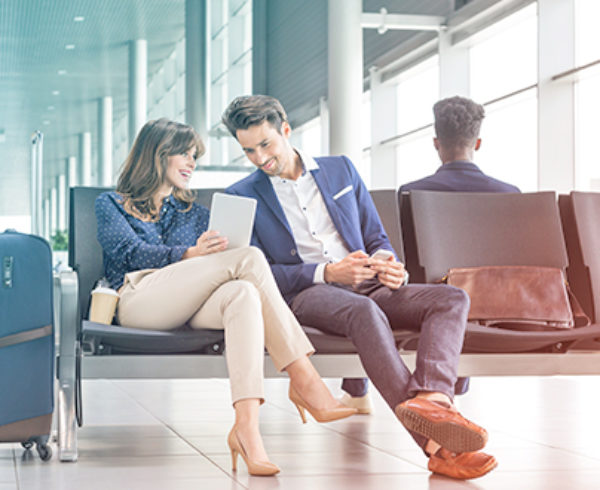
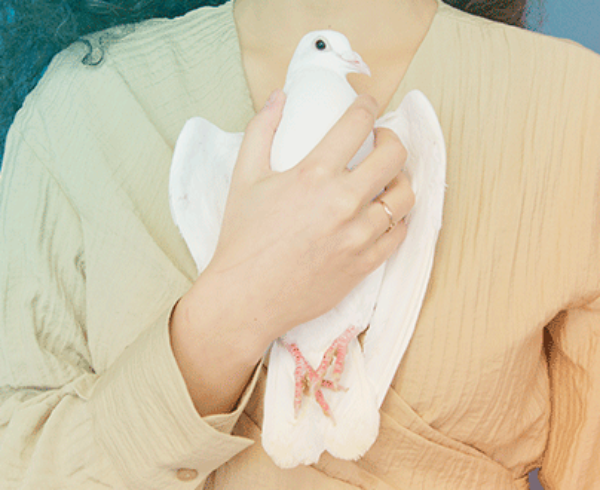
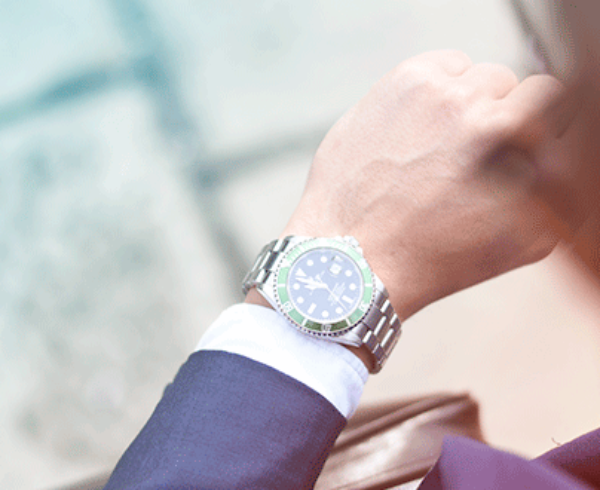
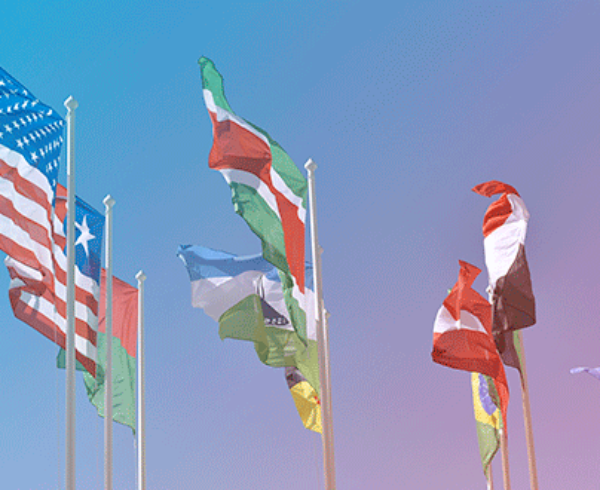

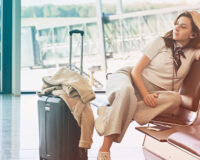


Leave a Comment